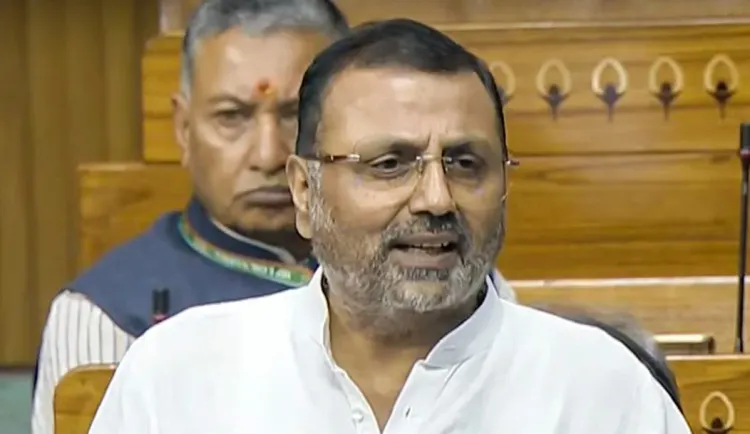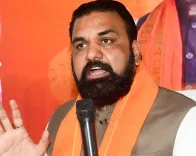Was the 1990 Invasion of Kuwait an Act of Terror?

Synopsis
Key Takeaways
- Nishikant Dubey calls the 1990 invasion of Kuwait a terror act.
- India strengthens ties with Gulf nations post-attacks.
- India's anti-terror strategy has evolved significantly.
- Focus on exposing Pakistan's role in terrorism.
- Indian forces demonstrate capability without nuclear intimidation.
New Delhi, May 24 (NationPress) BJP MP Nishikant Dubey on Saturday characterized the Iraqi invasion of Kuwait in 1990 as a form of ‘act of terror’, drawing parallels with the Pahalgam terror strike that has prompted India to initiate diplomatic efforts in Gulf nations.
Dubey, who arrived in the Gulf as part of a delegation visiting Saudi Arabia, Kuwait, Bahrain, and Algeria following the Pahalgam incident and Operation Sindoor, informed the media prior to his departure that India aims to engage with Muslim nations that have also been victims of terrorism.
“As you know, a significant war was waged for Kuwait in 1991. That was also terrorism… it was internal… Iraq sought to occupy it,” he stated, emphasizing that these concerns will be central to the delegation's mission, which seeks to unveil Pakistan’s transgressions over the last 78 years.
Dubey expressed optimism that the global community will recognize India's position against terror. “By the time our delegations return to India, the international sentiment will shift against Pakistan, and we will be closer to having it classified as a terrorist nation,” he remarked.
The 56-year-old BJP MP also pointed out the more stringent anti-terrorism doctrine that India has adopted since 2014.
India in 2025 has fundamentally transformed its strategy against terrorism, and Prime Minister Narendra Modi has made it clear that terrorists, their backers, and the governments that support them will be evaluated using the same criteria, he noted.
Dubey commended the government’s choice to empower the armed forces to act against terrorists or Pakistani military personnel disguised as terrorists.
“The capability of Indian forces to dismantle terror centers in Pakistan and its air bases without breaching its airspace has shown that the country will not be intimidated by any nuclear blackmail,” stated the BJP MP from Godda constituency in Jharkhand.





